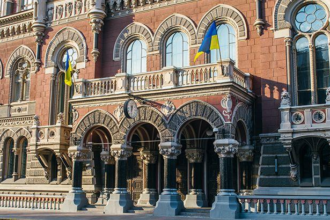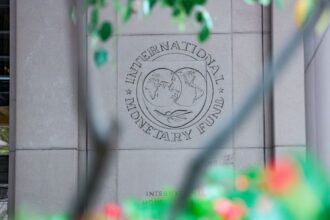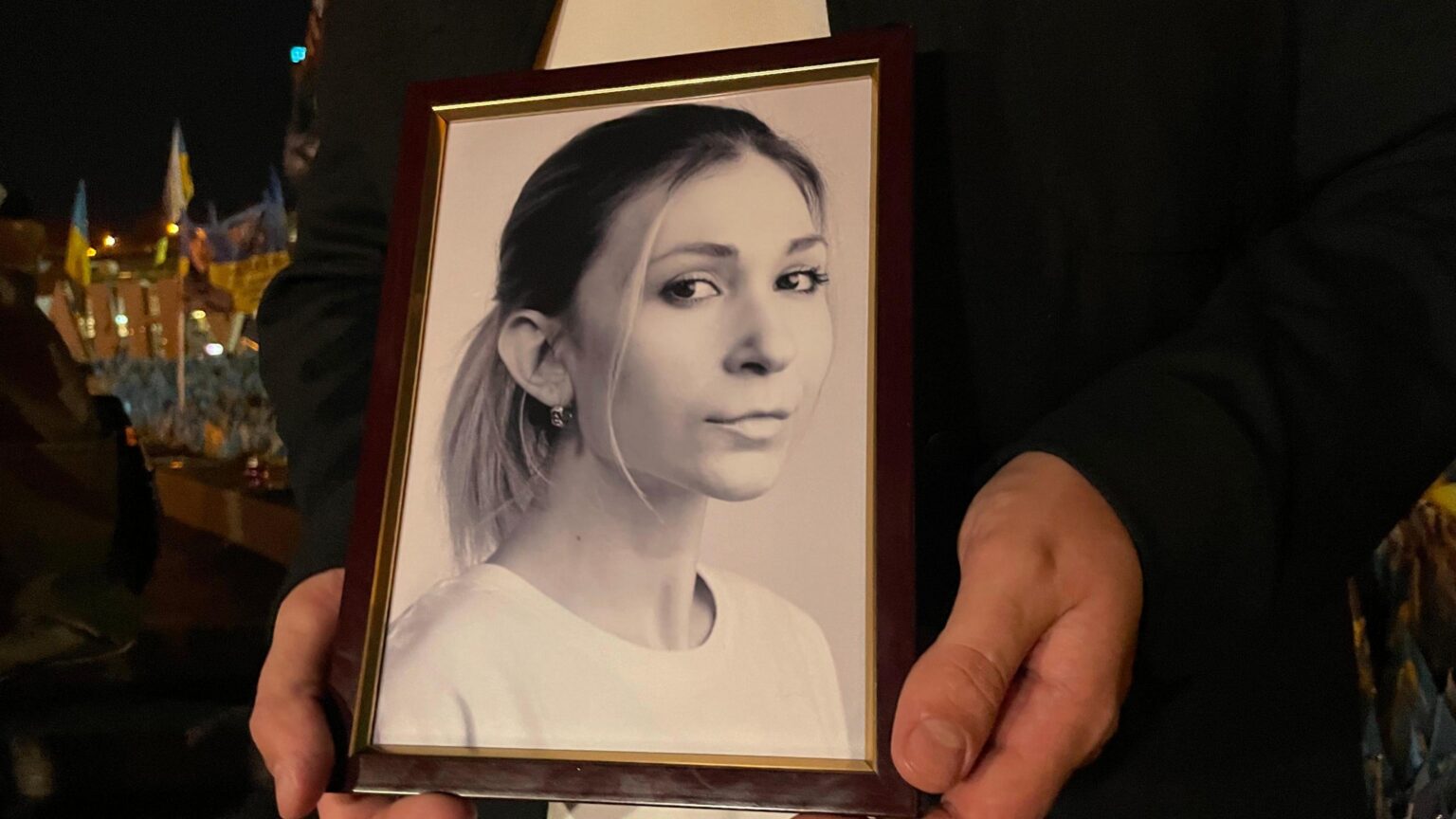* Published on 13 October 2024
Viktoriia Rosechyna vanished in August 2023, in a part now occupied by Russian Forces in Ukraine.
Nine months passed before the Russian authorities confirmed that the journalist was detained. They did not give a reason.
This week, her dad received a brief letter from the Ministry of Defence in Moscow, informing him that Victoria had died at 27.
The document stated that the body of the journalist would be returned as part of a swap organised by Russia and Ukraine to exchange soldiers killed in battle. The death date is given as 19th September.
There was no explanation.
On the Maidan, in central Kyiv, friends gathered this weekend to remember Viktoriia. They shuffled onto the steps, holding her photo. Her young face smiled out at the small group.
One woman’s tribute began with “She had enormous courage.”
“We will miss you enormously,” said a second, turning away from her as her eyes filled up with tears.
Viktoriia’s stories are snapshots of Ukrainian life that Ukrainians cannot get anywhere else.
Her colleagues remember her as being desperate to go, even though she had been detained for ten days the first time.
One of her former employers recalled, “Her parents would call and tell us not to deploy her. But we never did.”
All her editors tried to stop the woman. “But it was impossible.”
The young reporter went freelance to be able to deploy herself, and when she returned, newspapers would buy her stories.
She never used a pseudonym, even though she openly wrote about “occupied” territories and called those who collaborated to the Russians “traitors”.
Sevgil Mujaieva, editor in chief at Ukrayinska Pravda told the BBC that she wanted to give information about the lives of those cities under siege by Russian troops.
She was absolutely amazing.
Viktoriia’s father has described in the past how she left Poland and Russia for occupied Ukraine last July.
It took a week for her to call and say that she had been interrogated by the border officials for several days.
We only know that she was detained in Detention Centre No. 2 by May. Taganrog is a southern Russian city that has a facility known for its brutal treatment of Ukrainians. Some call it “Russian Guantanamo”.
According to Media Initiative for Human Rights (MIHR), another Ukrainian citizen who was freed from Taganrog last week told Viktoriia’s family that she saw the journalist between 8 and 9 September.
Then there was hope.
“I was 100% certain she would be back on the 13th September of this year.” Musaieva from Ukrayinska Pravda says that her sources gave her 100% assurance.
Viktoriia was told that she would be included in the periodic prisoner of war swaps that Ukraine, Russia and other countries carry out. The swap was planned for the middle last month.
What happened to her in prison?” Why didn’t she return home?
Viktoriia and another Ukrainian woman were moved, but neither was included in the exchange of prisoners.
Tetyana Katrychenko, director of Media Initiative, says: “That means that she was taken somewhere else.” “They say Lefortovo. Why? “We don’t know.”
She says that it’s not a normal practice to do this before a swap.
Lefortovo Prison in Moscow is operated by the FSB and is used to house those accused of espionage or serious crimes against the government.
“Maybe they brought her there to begin some sort of court proceeding or an investigation.” Tetyana says that this has happened to other civilians who were taken from Kherson or Melitopol.
According to BBC, Viktoriia’s dad spoke with her in prison on August 30.
She had gone on a hunger strike at some point. Her father encouraged her to eat again that day, and she agreed.
“That’s something that needs to be investigated.” Tetyana warns that if we blamed her partially, we would be blaming the Russian Federation and not her.
The Ukrainian intelligence service confirmed Viktoriia’s death, and the General Prosecutor’s office changed its criminal case to murder from illegal detention.
Viktoriia has never been charged in Russia with a crime, and the circumstances surrounding her detention remain unknown.
“A civilian reporter… captured by Russia.” Then Russia sends you a letter saying that she is dead?” Ukrainian MP Yaroslav Yerchyshyn said to the BBC in Kyiv.
“It’s killing. Just the killing of hostages. “I don’t know any other word.”
Russia has not commented.
Since the beginning of Russia’s full scale invasion, a large number of civilians from areas in Ukraine that Moscow now controls have been taken.
Families in similar situations to Viktoriia’s are left with little information about their whereabouts and wellbeing, and have no idea if they will ever return home.
The Media Initiative has compiled a list of 1886 names.
Tetyana: “There are all kinds of people including ex-soldiers, police officers and local officials such as mayors.”
“And there are many more that we may not know about.”
The Red Cross or lawyers do not have access to the information. Even if a person’s location is confirmed, it is difficult to get them home: civilians are rarely exchanged.
Viktoriia’s friends and co-workers say they won’t stop until they have investigated what happened.
Angelina Karyakina is a former editor of Hromadske. “It is a rare breed of people to be so determined.”
She says, “I’m sure she would not want us to stand here and weep but to remember her dignity.”
“I think it’s important that we journalists find out what she worked on – and finish her story.”
Published on 10 February
* Published 25 March 2020
Read More @ www.bbc.com




